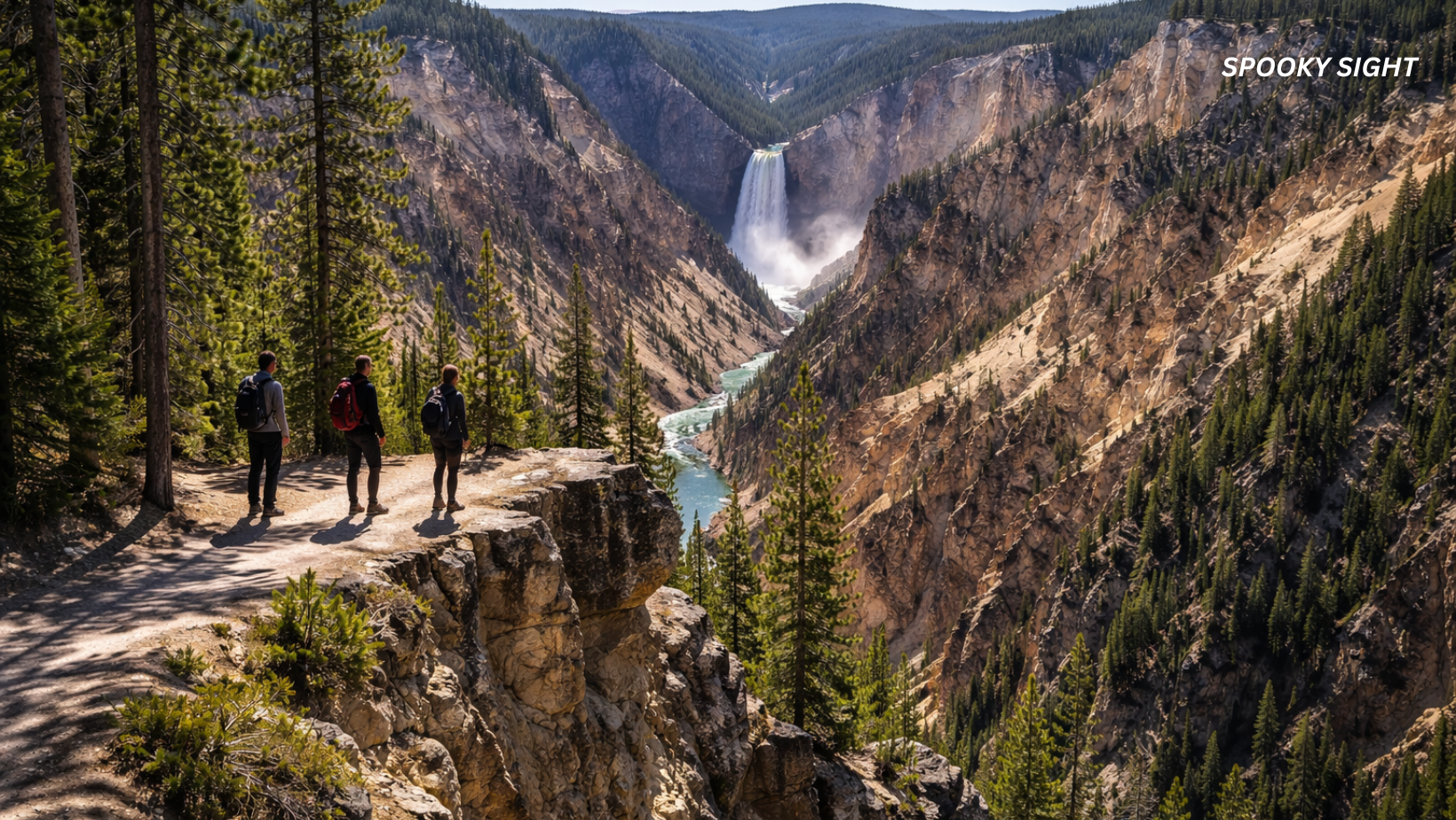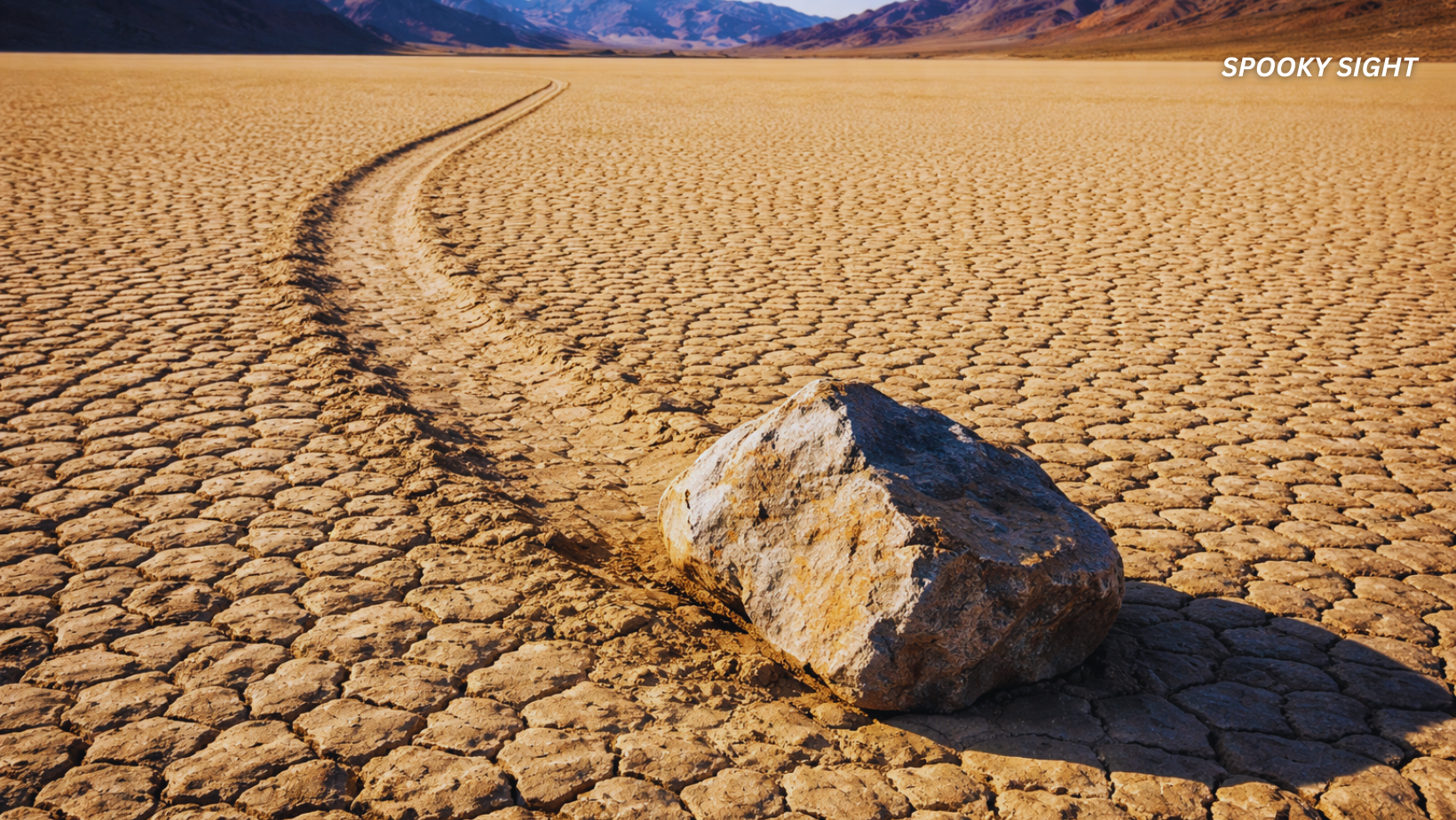For millennia, the mythical island of Atlantis has captivated imaginations, its story woven into the fabric of legends and philosophical discourse. Described by the ancient Greek philosopher Plato as a powerful and advanced civilization that met a cataclysmic end, swallowed by the ocean as divine retribution for its hubris, Atlantis has remained an elusive enigma. Now, a team of Spanish researchers believes they may have stumbled upon a significant clue, a geological formation that could have served as the very inspiration for Plato’s enduring narrative.
Located north of the Canary Islands, a Spanish archipelago situated off the northwest coast of Africa, scientists have identified an extensive submerged mountain range. This underwater geological marvel, christened Mount Los Atlantes, presents intriguing characteristics that align with certain aspects of the Atlantis narrative. The research, conducted by geologists from Spain’s Geological and Mining Institute (CSIC), has unveiled three substantial inactive volcanoes, each boasting a diameter of approximately 50 kilometers (30 miles). The bases of these colossal volcanic structures lie more than two kilometers (over a mile) beneath the ocean’s surface.
Echoes of a Lost Land: Beaches Preserved Beneath the Waves
Remarkably, despite the immense passage of time and the crushing pressure of the deep ocean, the research team has reported the astonishing preservation of what appear to be ancient beaches on some of these submerged islands. These vestiges of a former coastline now rest a mere 60 meters (200 feet) below the current sea level. This discovery lends credence to the idea that these volcanic structures were once emergent landmasses.
The scientists propose a compelling scenario: during the last ice age, when global sea levels were significantly lower than they are today, these inactive volcanoes would have re-emerged as islands. Such islands could have provided habitats for diverse wildlife and potentially even supported early human settlements, although no direct evidence of habitation has been found to date.
A Volcanic Archipelago: Origins in the Distant Eocene
According to the CSIC, these submerged volcanoes were once integral parts of a larger system of islands situated to the east of Lanzarote, one of the easternmost of the Canary Islands, during the Eocene epoch, which spanned from approximately 56 to 34 million years ago. This geological timeframe places the existence of these islands long before Plato’s writings, suggesting that the memory of such a significant geological event – the sinking of a substantial island system – could have been passed down through oral traditions and eventually found its way into Plato’s allegorical tales.
Dr. Luis Somoza, a geologist and the coordinator of this ambitious research project, offered a thought-provoking perspective, stating to LiveScience, “This could be the origin of the Atlantis legend.” In an official statement, he further elaborated, “They were islands in the past, and they have sunk, they are still sinking, as the legend of Atlantis tells. Some of us have been able to verify that they still maintain their beaches.” This direct parallel drawn between the geological history of Mount Los Atlantes and the narrative of Atlantis adds a compelling layer to the ongoing investigation.
Deep-Sea Exploration: Unveiling Volcanic Secrets
To gain a more profound understanding of the underwater volcanic activity in this intriguing region, the team of geologists embarked on an expedition aboard the Sarmiento de Gamboa, an advanced oceanographic vessel operated by the CSIC. Utilizing a sophisticated remotely operated vehicle (ROV), the researchers meticulously surveyed the waters at depths of around 2.5 kilometers (1.5 miles). This deep-sea exploration was a crucial component of their “Atlantis project,” an initiative specifically designed to investigate underwater volcanic and hydrothermal activity in the area.
Beyond the potential connection to the Atlantis myth, the researchers also focused on assessing the condition of the seabed surrounding the archipelago. Their expedition, which spanned from June 27 to August 6, aimed to identify any signs of magma and ongoing underwater volcanic activity that could potentially pose future risks to the population of Spain. The team posited that some of the volcanoes within this submerged region might be more recently active than previously estimated and could represent the submarine equivalents of Spain’s Timanfaya volcano system, located on Lanzarote, which experienced significant eruptions in the 18th century.
Mineral Riches and Marine Life: A Deep-Sea Ecosystem
The scientific inquiry extended beyond volcanic activity. The researchers also investigated the fascinating processes of underwater mineral formation in these extreme deep-sea environments. They analyzed the water’s levels of various microorganisms, which play a crucial role in facilitating the formation of valuable metals such as manganese, cobalt, and phosphates – elements that are increasingly important for the ongoing energy transition. The samples meticulously collected from Mount Los Atlantes will undergo thorough analysis to accurately date the volcanic rocks and pinpoint the timeline of when these islands began their gradual descent beneath the waves.
Furthermore, the study has provided valuable insights into the diverse and resilient life that thrives on the seabed in this region. The underwater lava flows have created unique geological formations known as lava deltas, which serve as habitats for a rich array of marine organisms. The research has revealed how underwater life re-establishes itself after recent volcanic eruptions, with the emergence of vibrant new gardens of corals and sponges, as well as areas teeming with bacterial colonies thriving near hydrothermal vents.
Read more:Rock Used for Years As A Doorstop Turns Out To Be Worth Over $1 Million
A Continuing Quest: Unraveling the Mysteries of the Deep
While the discovery of Mount Los Atlantes presents a compelling link to the legend of Atlantis, the researchers emphasize that further investigation is necessary to definitively establish a connection. The ongoing analysis of the collected samples and continued exploration of the submerged mountain range will undoubtedly yield more valuable data, potentially shedding further light on the geological history of the region and its possible influence on ancient myths.
The exploration of Mount Los Atlantes serves as a powerful reminder of the vast and largely unexplored world that lies beneath the ocean’s surface. It highlights the potential for significant discoveries that can not only reshape our understanding of geological processes but also offer intriguing perspectives on the origins and evolution of human culture and mythology. As the research continues, the world watches with anticipation, eager to learn more about this submerged realm and whether it truly holds the key to unlocking the enduring mystery of the lost city of Atlantis.
Featured image: Freepik.









